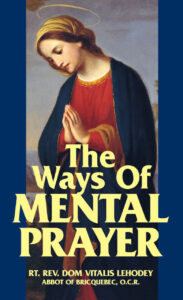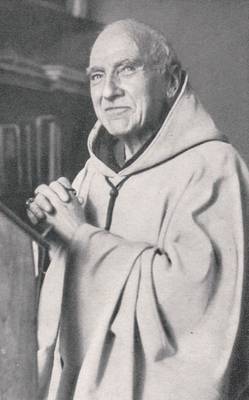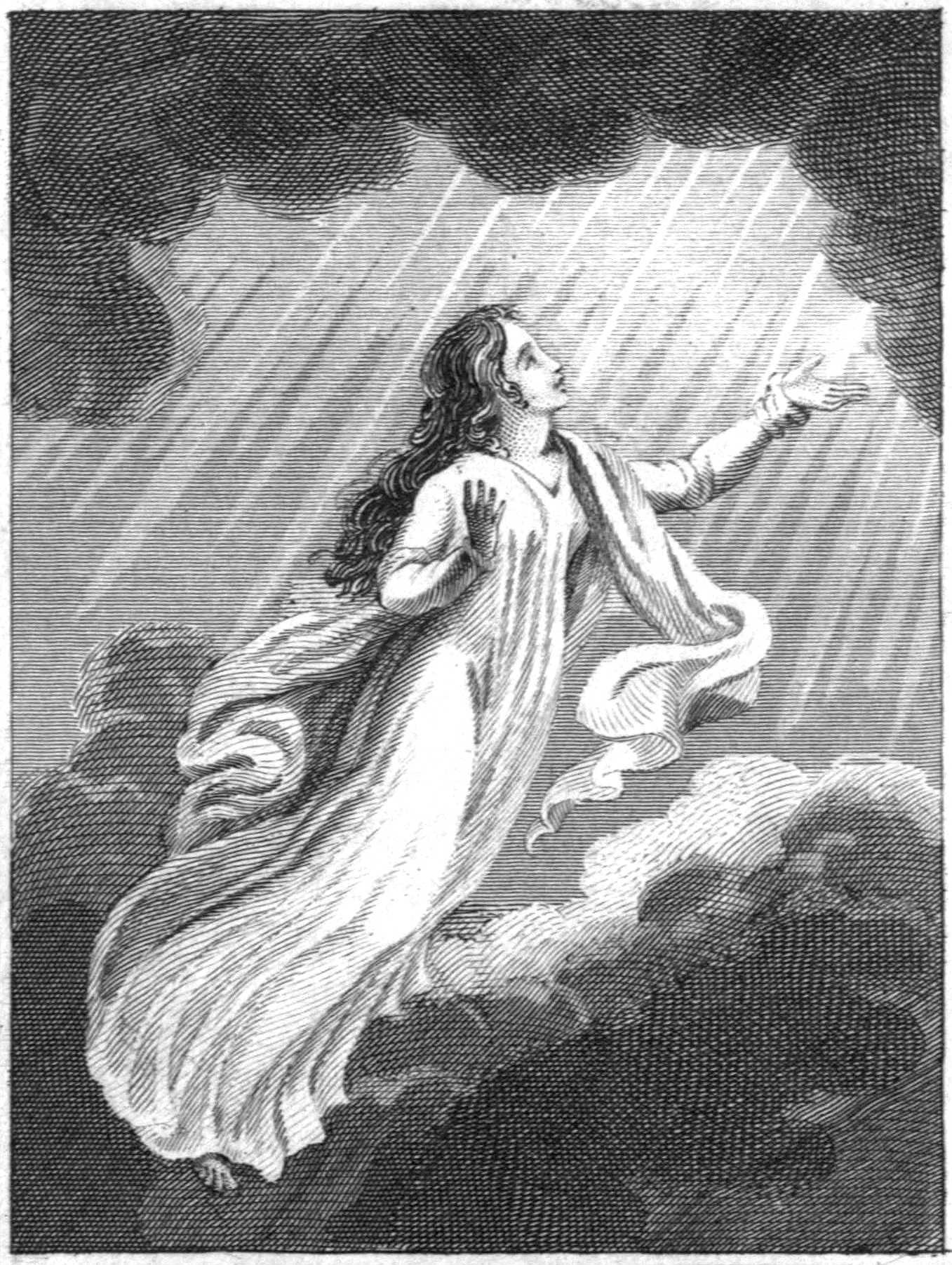All mental prayer, active or passive, whatever be its object, form or method, has for its end to glorify God, and in order to this, as we have already seen, it may perform the four functions of prayer, or some of the four, or only one, according to the attraction or need of the soul. But, in addition to this, and we beg our readers to pay special attention to this remark, it has always for its end to make us better.
We make mental prayer in order to be converted from evil to good, from good to better, from better to perfection, as we have promised. This constant and progressive conversion, or this tending to perfection, as it is now called, is the chief point of our rules, the object towards which should tend all our observances. All of our spiritual exercises, without exception, are directed to this end, and have no other; but mental prayer, by its very nature and its divers acts, is pre-eminently the source of this transformation.
Those who are yet only at the beginning of the spiritual life should propose to themselves as the result of their mental prayer, the extirpation of some sin or some defect, above all of their predominant vice; the victory over some temptation, the correction of some bad inclination, the governing of such and such a passion. When one evil is corrected they should turn their prayer against another for as long as may be necessary in order to triumph over it; and thus mental prayer well practiced will purify their souls.
Those who are making spiritual progress should, without abandoning altogether this struggle against evil, employ their prayer chiefly in cultivating the virtues, especially the fundamental virtues, or those of which they have most need; above all, the spirit of faith, humility, self-renunciation, obedience, recollection and the life of prayer, in order to arrive at perfect love.
Those who are already united to God in spirit, heart, and will, should employ their prayer in strengthening this union. They should love in order to develop holy charity; their prayer should consist chiefly of love, confidence, conformity and abandonment to the divine will, particularly amidst the crosses sent by Providence.
It this thus our prayer will attain its end. Its principal object is not to instruct us, pious reading would suffice for that; it is rather to inflame the heart, that is may discharge better its duty towards God, and especially to confirm our will to that of God, so that prayer may detach us from everything else, attach us to Him alone, and so transform our habits and our life.
During prayer, pious considerations replace our human thoughts with thoughts more divine; the entering into ourselves puts before us a mirror in which we contemplate our defects; affections and petitions unite us to God and draw down the grace which clothes us with strength from on High. We leave off this communing with God in a closer relationship with Him. These are already so many fruits ripe and gathered for Heaven. But all this tends further to good resolutions, which as yet are only flowers, and should become fruits.
After prayer has ended, all is not yet done. It is not a drawer, from which take out during half an hour convictions and affections, and then shut it up for the rest of the day. Lights have been received, to which we should henceforth strive to conform our thoughts and conduct; we retire from prayer with a perfume of devotion which we must not allow to evaporate; we have made good resolutions and asked the help of God’s grace to keep them; it now remains to put them in practice. In a word, mental prayer prepares us for action; a life of prayer calls for a life eminent in all virtues. Otherwise, mental prayer has not produced all its fruit; it has brought forth flowers in abundance; let us take care that these flowers, rich in promise, be not blasted by the icy breath of dissipation, routine, and tepidity.
This article is taken from a chapter in The Ways of Mental Prayer by Rt. Rev. Dom Vitalis Lehodey which is available from TAN Books.









